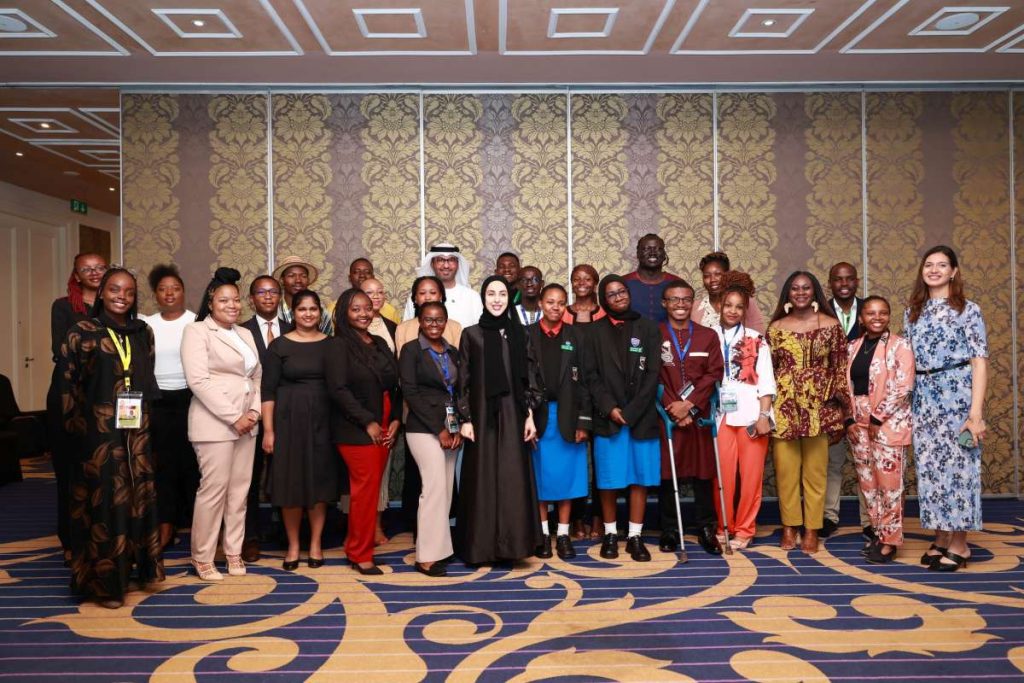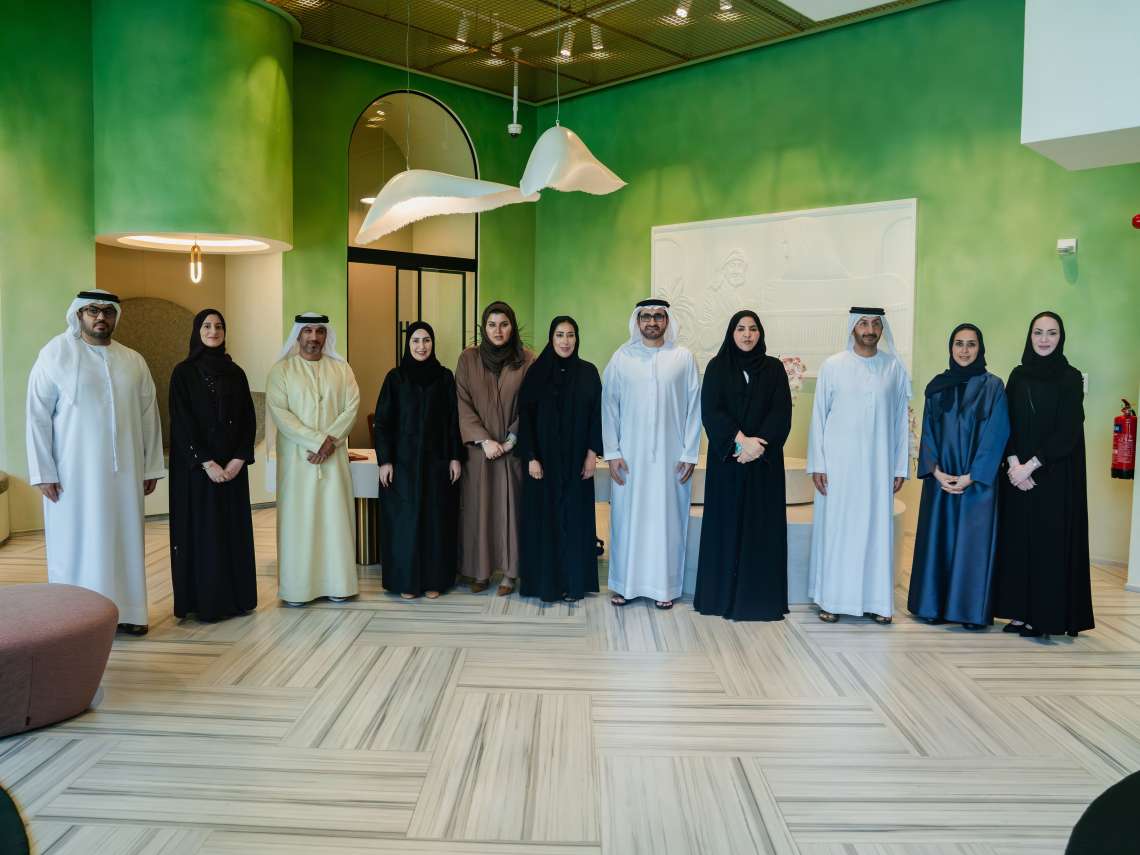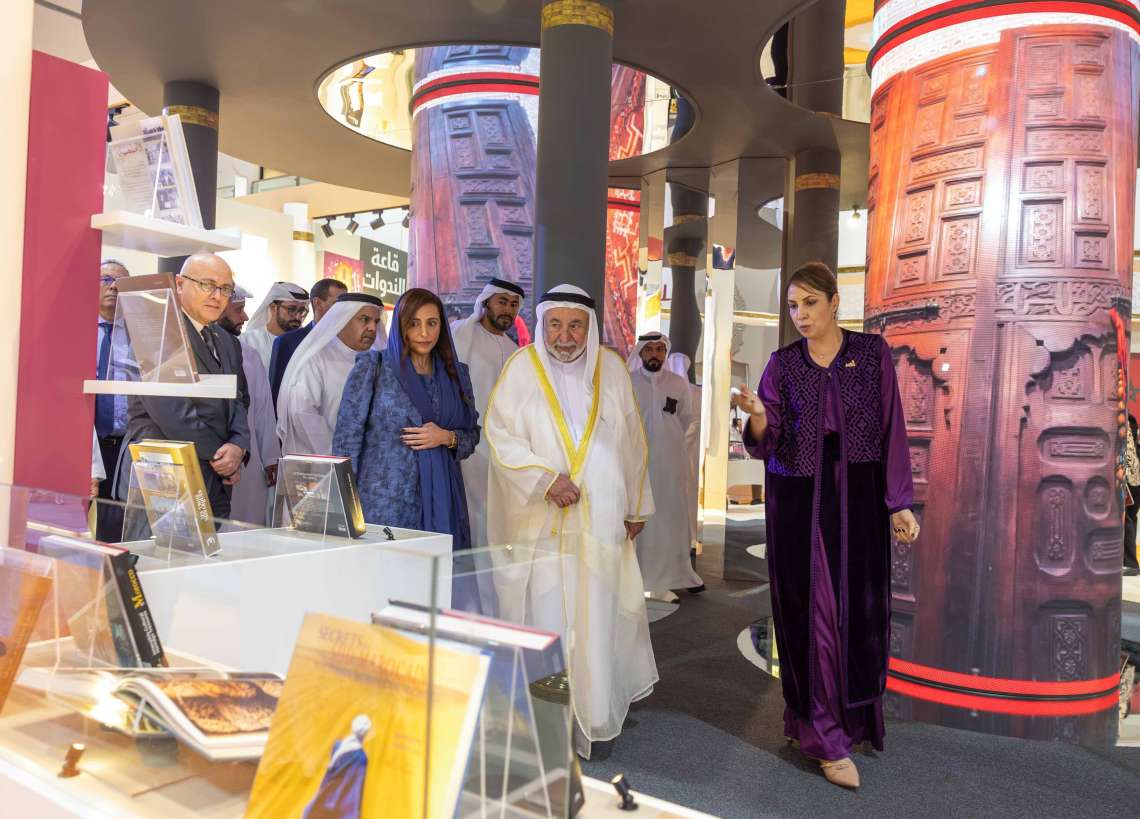The UAE is determined to make COP28 the most inclusive for youth in the history of the global conference by launching several initiatives and rich programmes….reports Asian Lite News
The 28th Conference of the Parties (COP28) marks a new journey in global climate action to protect the Earth and its natural resources and secure the future of humanity.
Within the UAE’s global momentum to achieve a qualitative shift in addressing climate change, youth take centre stage, shouldering the responsibility of actively participating in this prominent international event.
The UAE is determined to make COP28 the most inclusive for youth in the history of the global conference by launching several initiatives and rich programmes.
In March 2023, the youth-led “Road to COP28” event at Expo City Dubai focused on four strategic pillars: participation, action, voice, and education. The event saw the launch of critical initiatives to enhance youth participation within the UN climate process and amplify the efforts of youth-led and youth-focused organisations in the global climate community.
Also, the 18th edition of the United Nations Youth Conference (COY18), held last Sunday with the participation of over 1,000 young men and women from various countries, witnessed the launch of numerous initiatives to support youth involvement in global climate action. It provided a platform to discuss and support international climate policies, fostering change at both local and global levels.
In statements to the Emirates News Agency (WAM) on the opening of COP28, several youths said that COP28 reflects the UAE’s vision of empowering and trusting youth to achieve comprehensive and sustainable development.
Issa Al Falasi, Shahed Khalaf, and Mariam Al Balushi from the UAE stressed that the country recognises the crucial role of young people in all developmental plans and programmes. The environmental and sustainability sector is one of the prominent sectors directly linked to efforts to achieve comprehensive and sustainable development.
Mawada Haider from Sudan affirmed that COP28 is one of the global models inspiring youth empowerment. Since announcing the hosting of this prominent global event, the UAE has been keen on launching qualitative initiatives aimed at youth worldwide, confirming their vital role in the climate and sustainability dossier.
Rania Habbash from Jordan clarified that the UAE introduces pioneering initiatives to empower youth. During her affiliation with the Young Arab Media Leaders Programme, she gained comprehensive insight into global efforts to address climate change and the UAE’s preparations to host COP28.

As COP28 unfolds in Dubai, it symbolises the UAE’s commitment to fostering a global shift towards sustainable climate action, with youth at the forefront.
This conference is taking place at a critical juncture as humanity grapples with the existential threat posed by climate change, encompassing significant risks such as rising sea levels, shifting weather patterns, and increasingly intense natural disasters, leading to the displacement of millions and endangering food and water security.
COP28 marks the culmination of the first comprehensive global assessment of the implementation of the Paris Agreement. These assessments occur every five years, aiming to evaluate the collective progress of the world in achieving its climate goals.
The 28th session of this international event focuses on galvanising global efforts across various fronts to confront the ramifications of climate change, ensuring environmental, food, and health security; achieving an effective and equitable transition in the energy sector; and providing financing for all parties, especially those in the global South.
This event represents a pivotal moment in steering the world towards unified efforts concerning climate action, presenting solutions that necessitate collaboration among different parties and sectors.
The United Nations emphasises COP28 as the starting point for course correction. In its report, the UN highlights that those currently suffering the most from climate change, the most vulnerable, have contributed the least to the climate crisis. Therefore, transitioning towards mobilising funds and fulfilling climate financing commitments, including the annual $100 billion from industrialised nations, becomes imperative.














